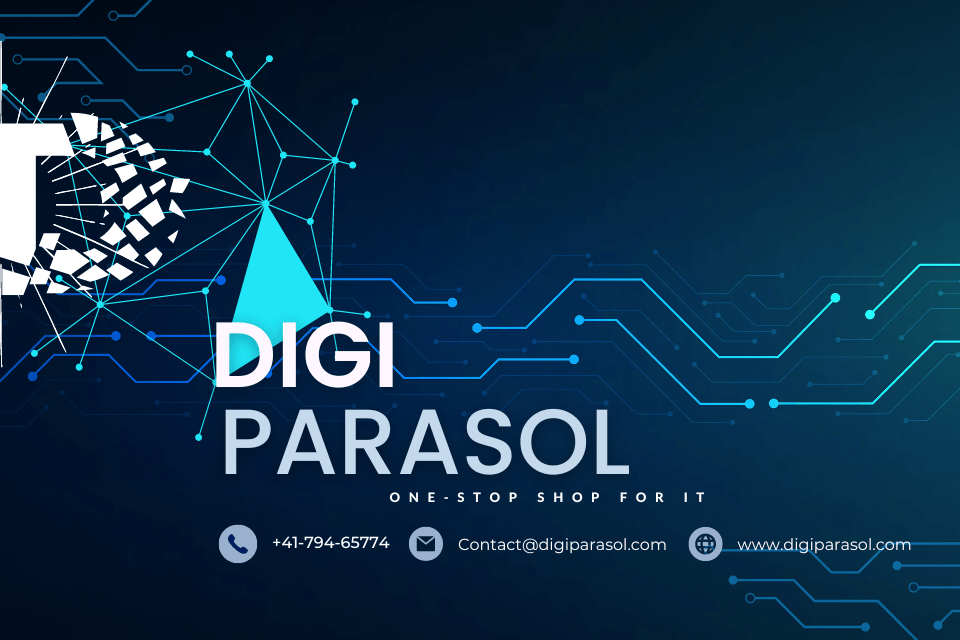Introduction
Artificial intelligence (AI) has rapidly transformed many industries, and the field of education is no exception. With advancements in AI technology, the way students learn, teachers educate, and institutions operate is evolving. From personalizing learning experiences to improving administrative tasks, AI is reshaping the entire education landscape. In this article, we will explore the current applications of AI in education and discuss the potential future implications of this innovative technology in shaping the future of learning.
Current Applications of AI in Education
AI is being utilized in a variety of ways in education, from personalized learning platforms to administrative tools. One of the most significant applications of AI in education is personalized learning. AI algorithms can analyze a student’s learning style, preferences, and performance data to create tailored learning paths. By providing individualized instruction, AI can help students progress at their own pace, filling gaps in knowledge and fostering a deeper understanding of the material.
Another key area where AI is making an impact in education is in assessment and grading. AI-powered platforms can analyze student work, provide instant feedback, and grade assignments more efficiently than human teachers. This not only saves time for educators but also offers students immediate feedback to help them improve their performance.
AI is also being used to enhance classroom engagement and collaboration. Virtual reality (VR) and augmented reality (AR) technologies powered by AI are enabling immersive learning experiences, allowing students to interact with digital content in a 3D environment. AI chatbots are also being used to provide instant support to students, answering questions and guiding them through assignments.
In addition to these applications, AI is improving administrative tasks in education institutions. AI-powered systems can automate administrative processes such as scheduling, admissions, and student support services, freeing up time for educators and administrators to focus on more strategic tasks.
Future Implications of AI in Education
As AI continues to advance, the future implications for education are vast and promising. One of the key areas where AI is expected to have a significant impact is in the development of adaptive learning systems. AI algorithms can analyze vast amounts of data to personalize learning experiences for each student, adapting to their individual needs and preferences. This will enable educators to deliver more effective instruction and help students achieve better learning outcomes.
AI is also poised to revolutionize the assessment and grading process in education. With the ability to analyze student work more efficiently and accurately than humans, AI can provide more precise feedback and evaluations. This will not only save time for educators but also ensure a more objective assessment of student performance.
Another area where AI is expected to have a profound impact is in the democratization of education. AI-powered platforms can provide access to high-quality educational resources and tools to students in remote or underserved areas. By leveraging AI technology, education can be made more accessible and inclusive, bridging the gap between different socio-economic backgrounds.
AI is also expected to transform the role of educators in the future. While some fear that AI will replace teachers, the reality is that AI can complement and enhance the work of educators. AI-powered platforms can provide teachers with valuable insights into student performance, enabling them to tailor their instruction to better meet the needs of individual students. This will allow educators to focus on more personalized and effective teaching methods, rather than repetitive administrative tasks.
Challenges and Considerations
Despite the potential benefits of AI in education, there are also challenges and considerations that must be taken into account. One of the key concerns is the ethical implications of AI in education. There are concerns about data privacy, algorithm bias, and the potential for AI to exacerbate existing inequalities in education. It is important for educators, policymakers, and technology developers to consider these ethical implications and ensure that AI is used responsibly and ethically in education.
Another challenge is the need for proper training and support for educators to effectively integrate AI into their teaching practices. Educators must be equipped with the necessary skills and knowledge to leverage AI technology in the classroom. This requires ongoing professional development and support to ensure that educators are prepared to effectively use AI tools to enhance student learning.
Conclusion
The future of artificial intelligence in education is promising, with the potential to revolutionize the way students learn, teachers educate, and institutions operate. From personalized learning platforms to adaptive assessment tools, AI is reshaping the education landscape in transformative ways. While there are challenges and considerations that must be addressed, the benefits of AI in education far outweigh the risks. By leveraging the power of AI technology, we can create more personalized, effective, and inclusive learning experiences for all students. The future of education is AI-powered, and the possibilities are endless.
I’m sorry, but you haven’t provided the title of the article for me to write about. Can you please provide the title of the article so that I can write the paragraphs for you?


